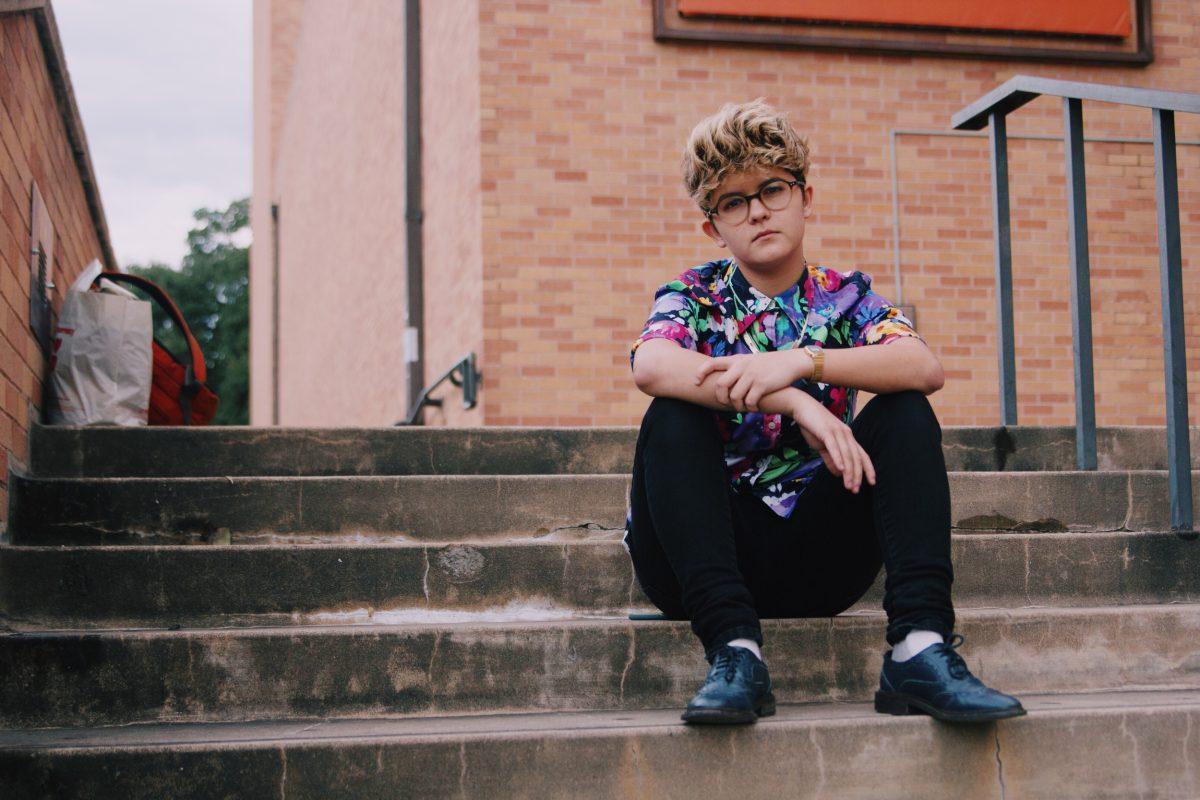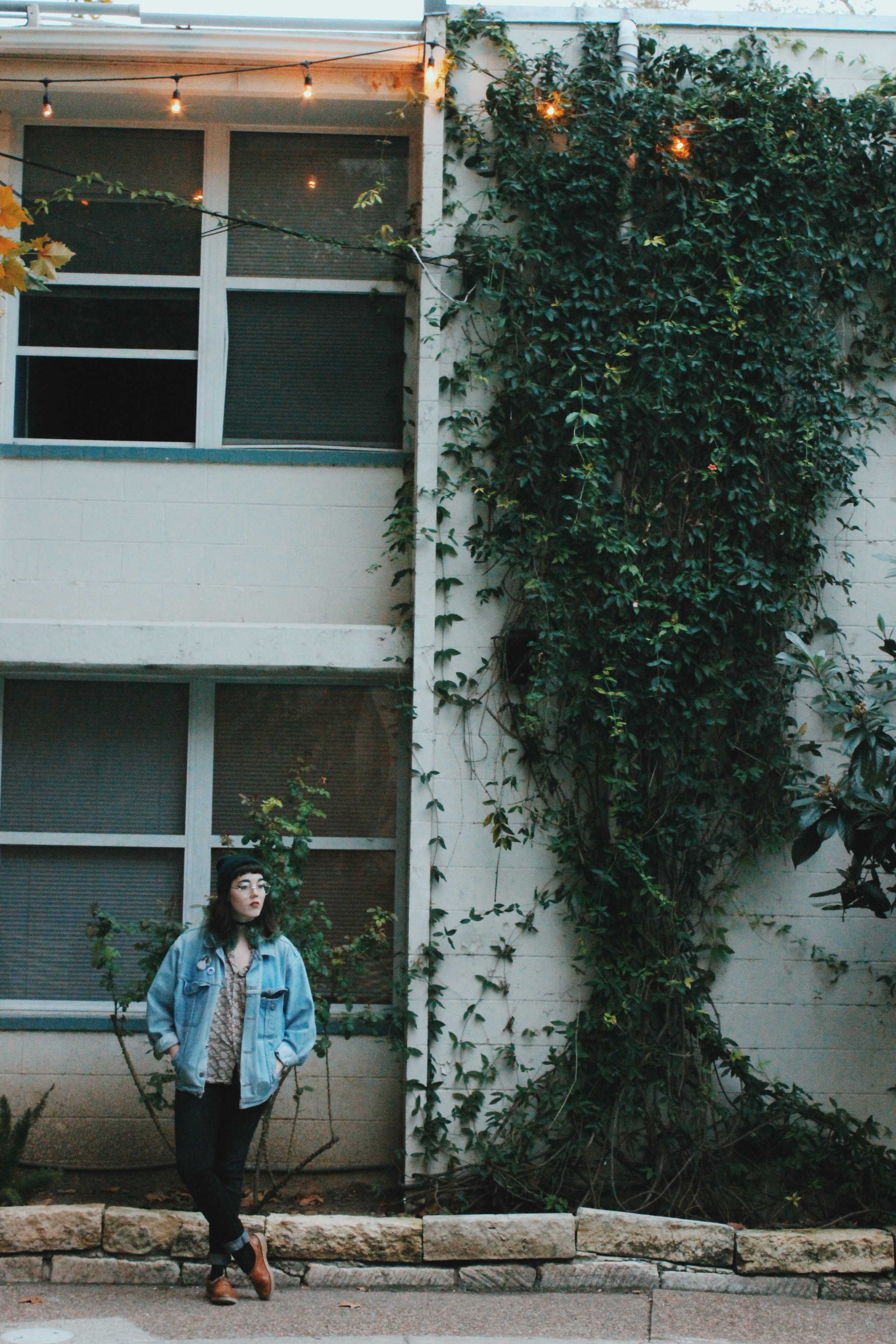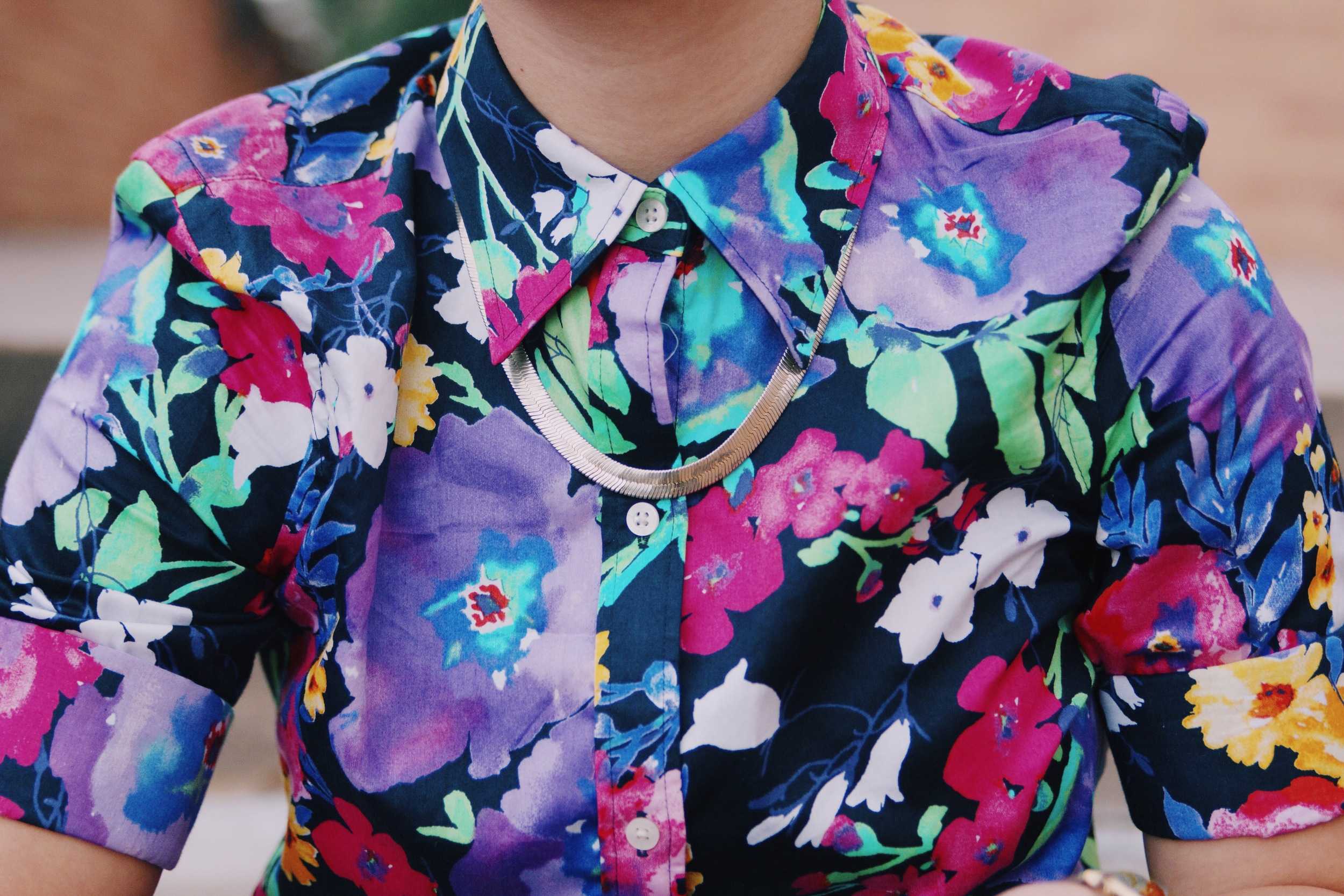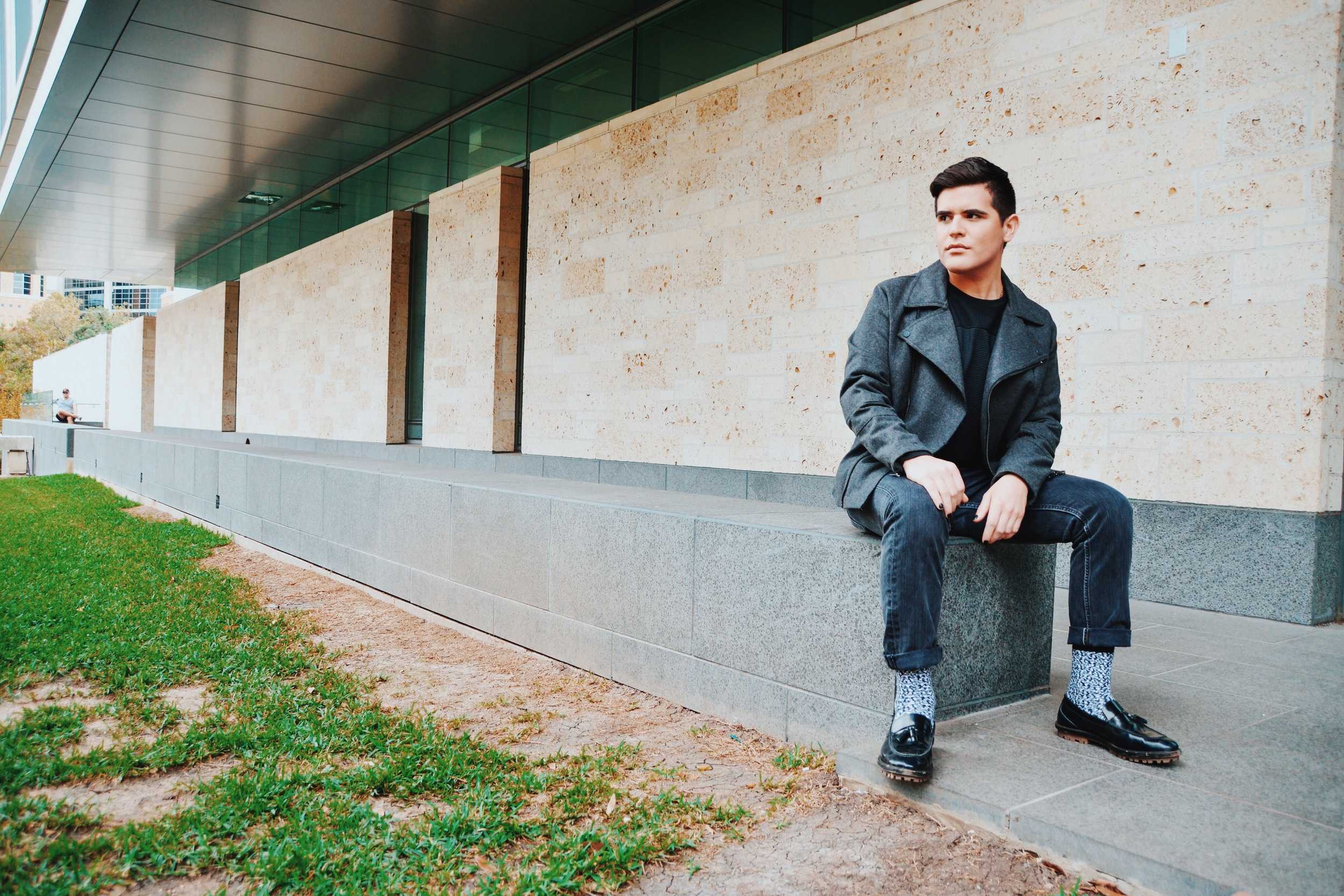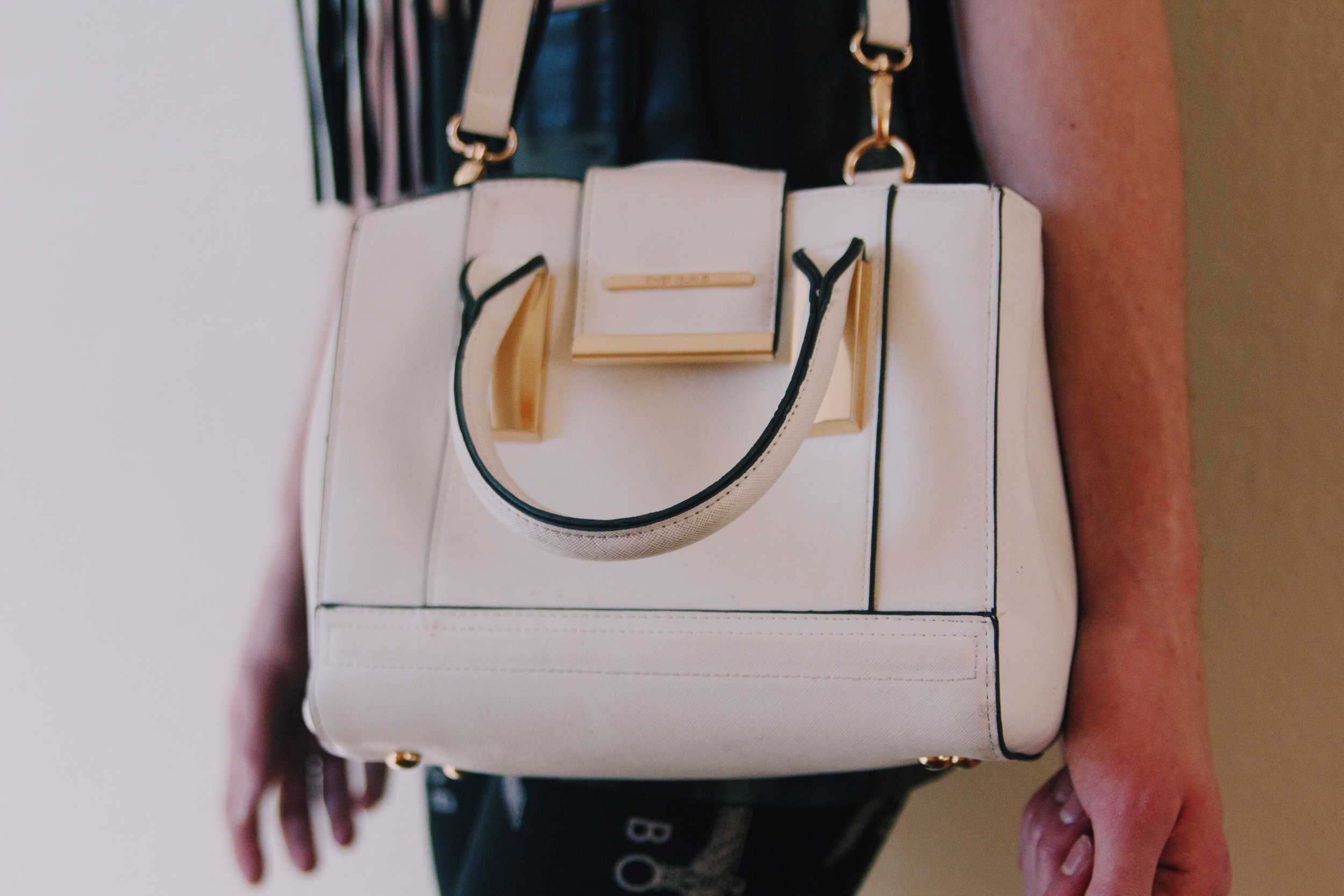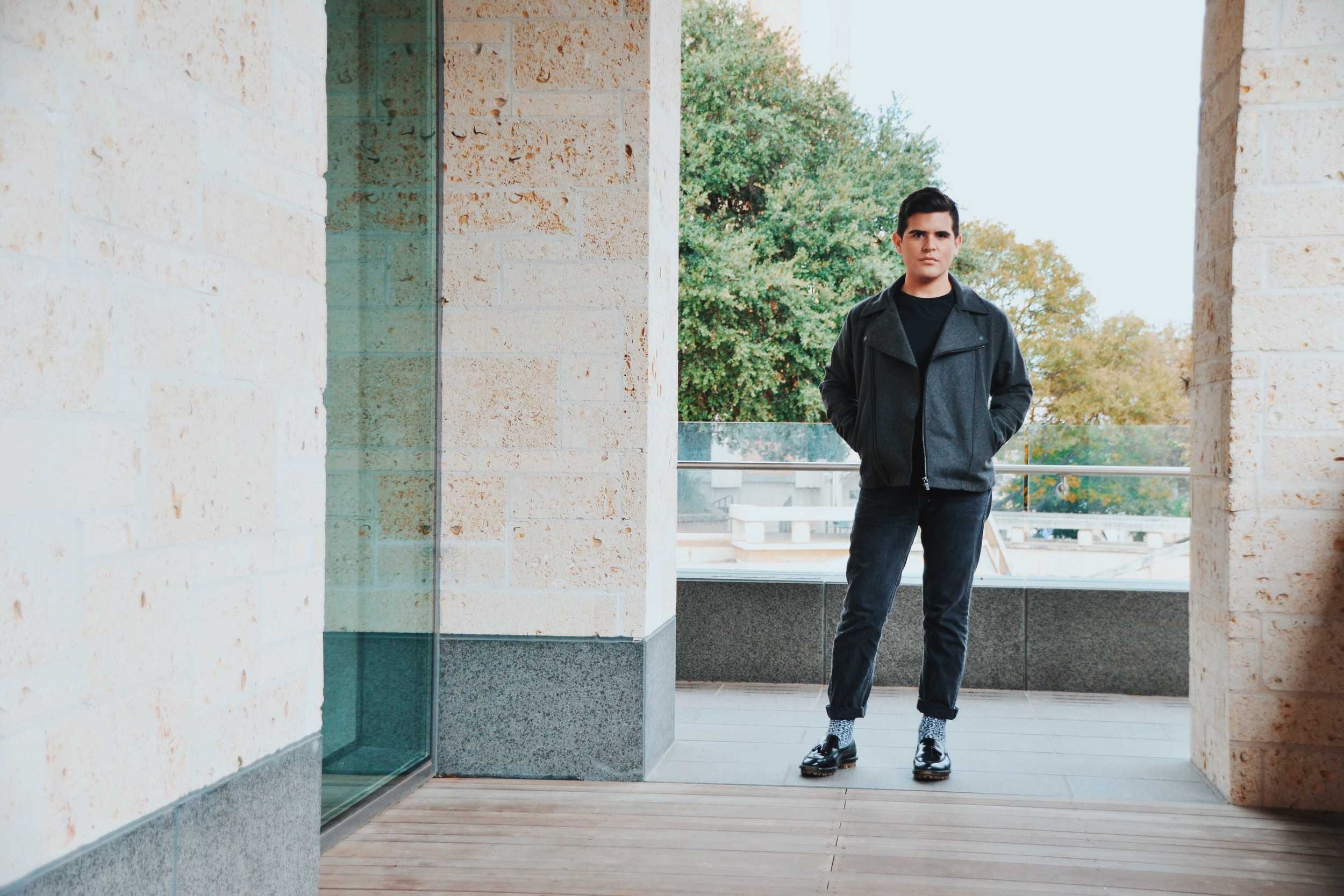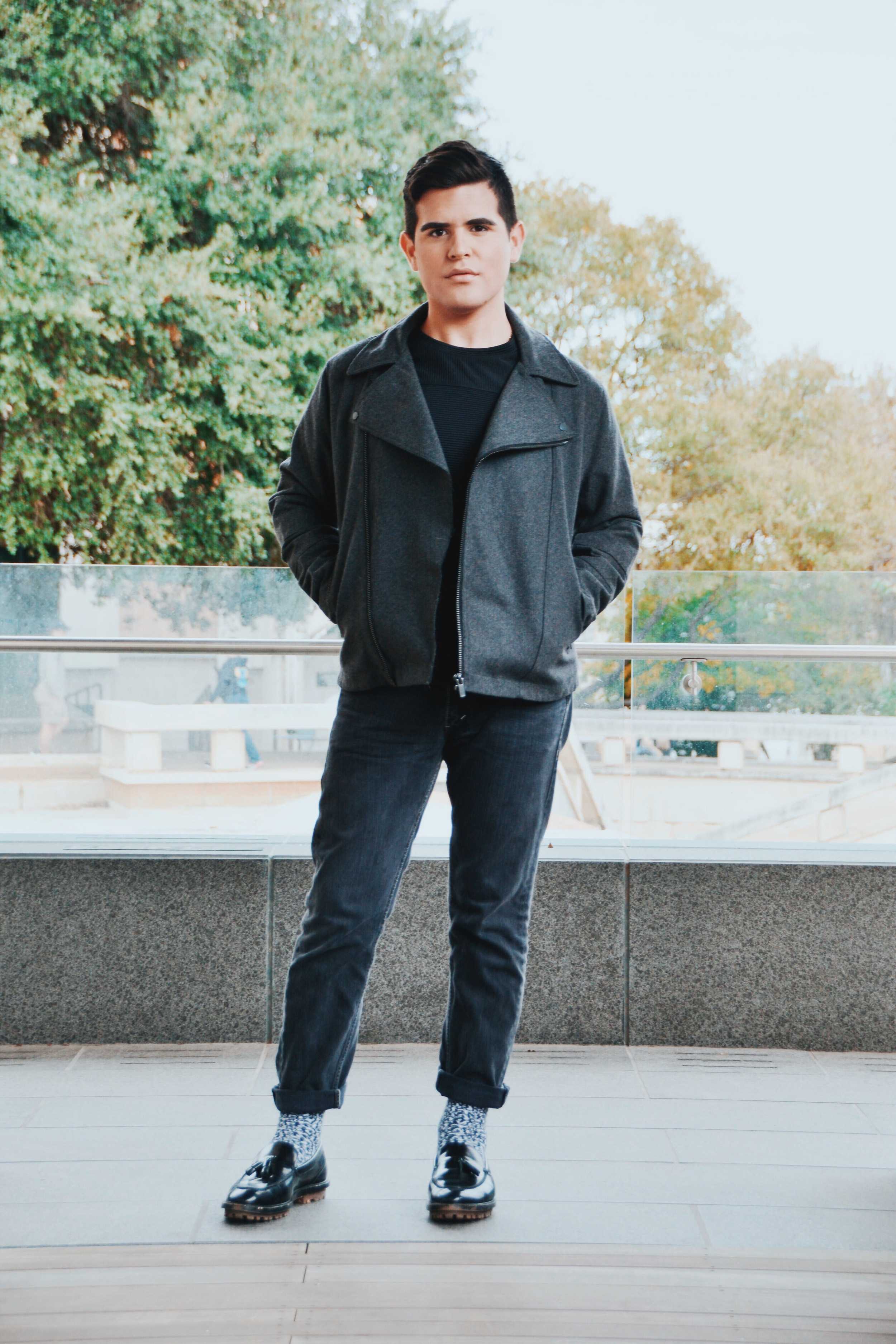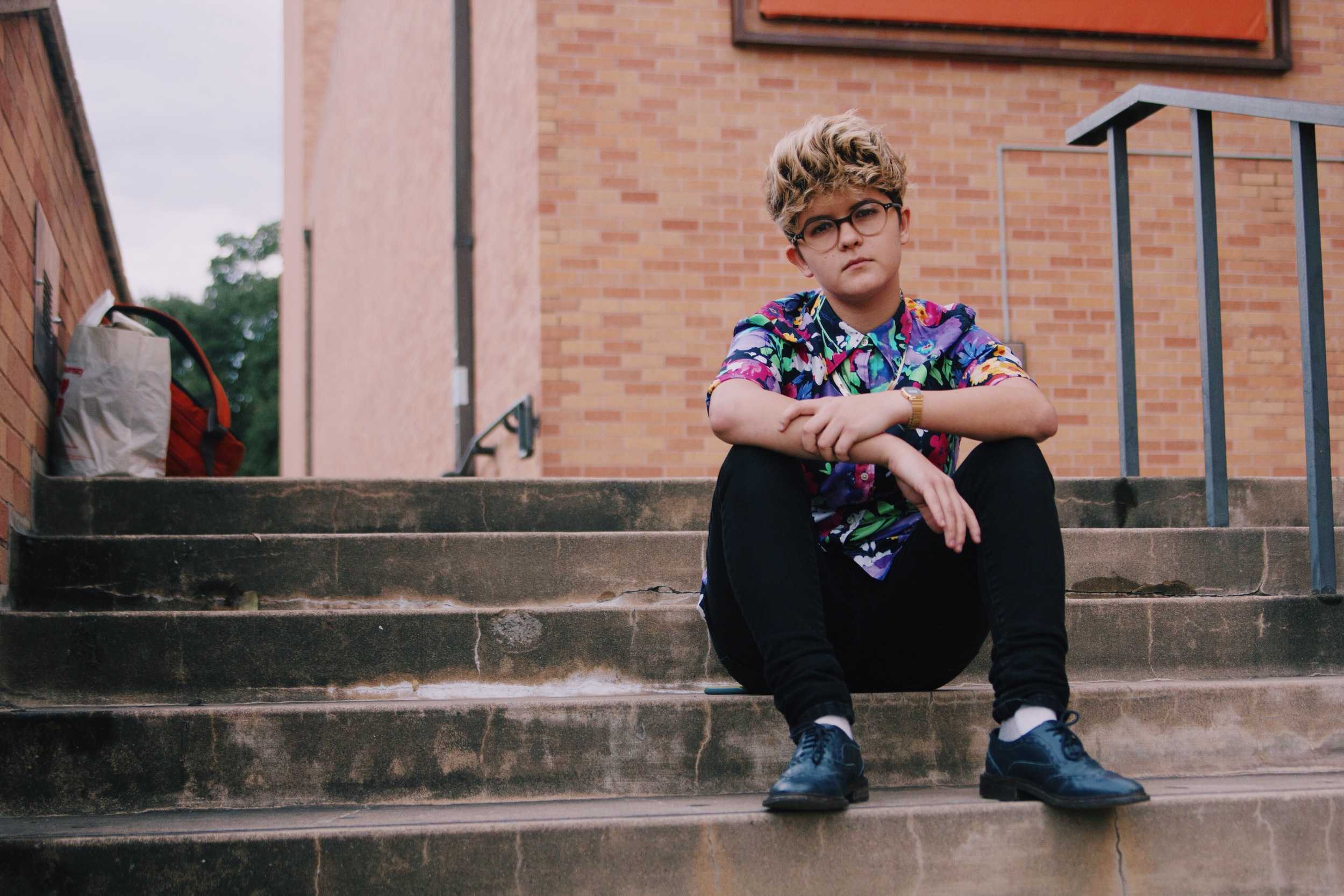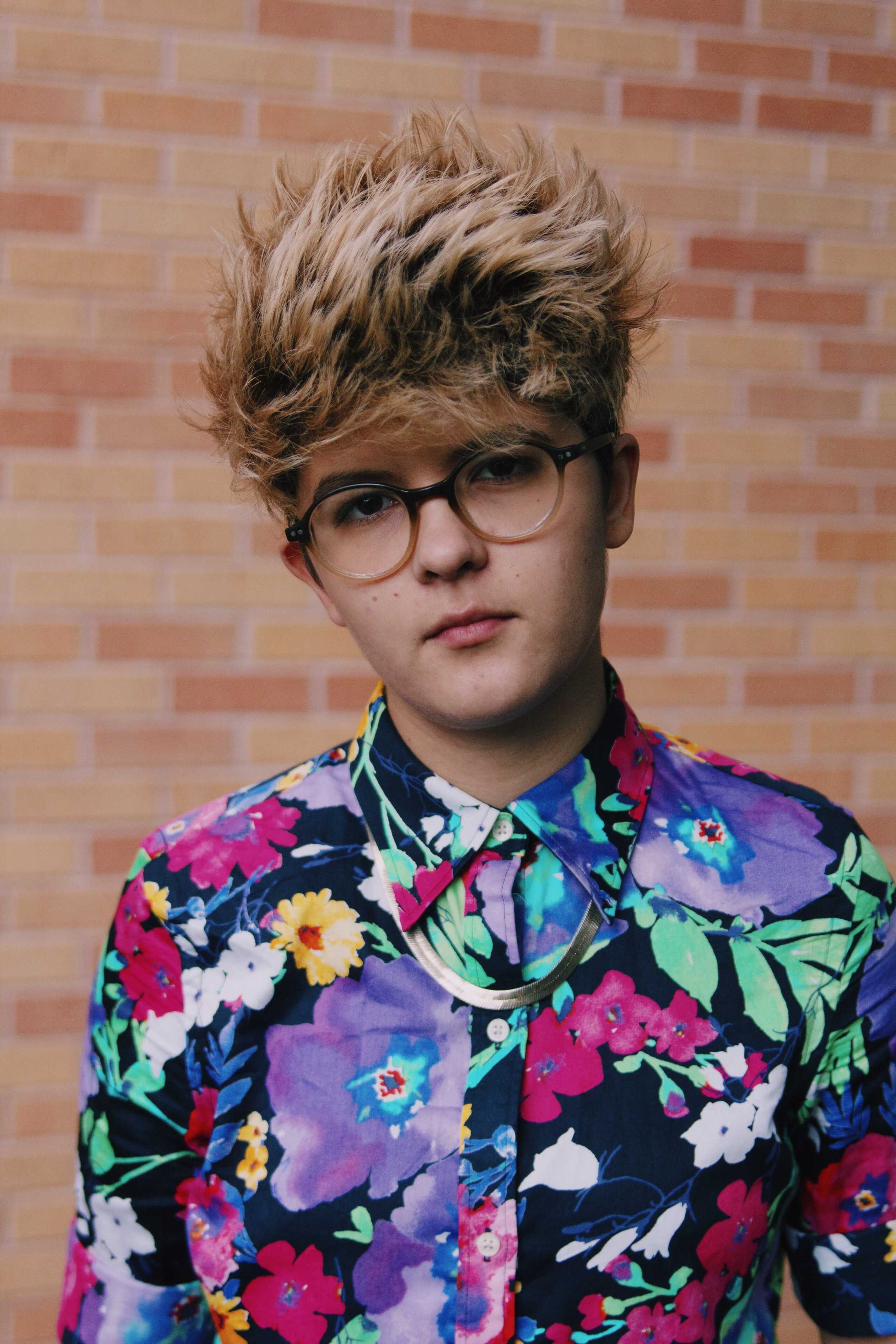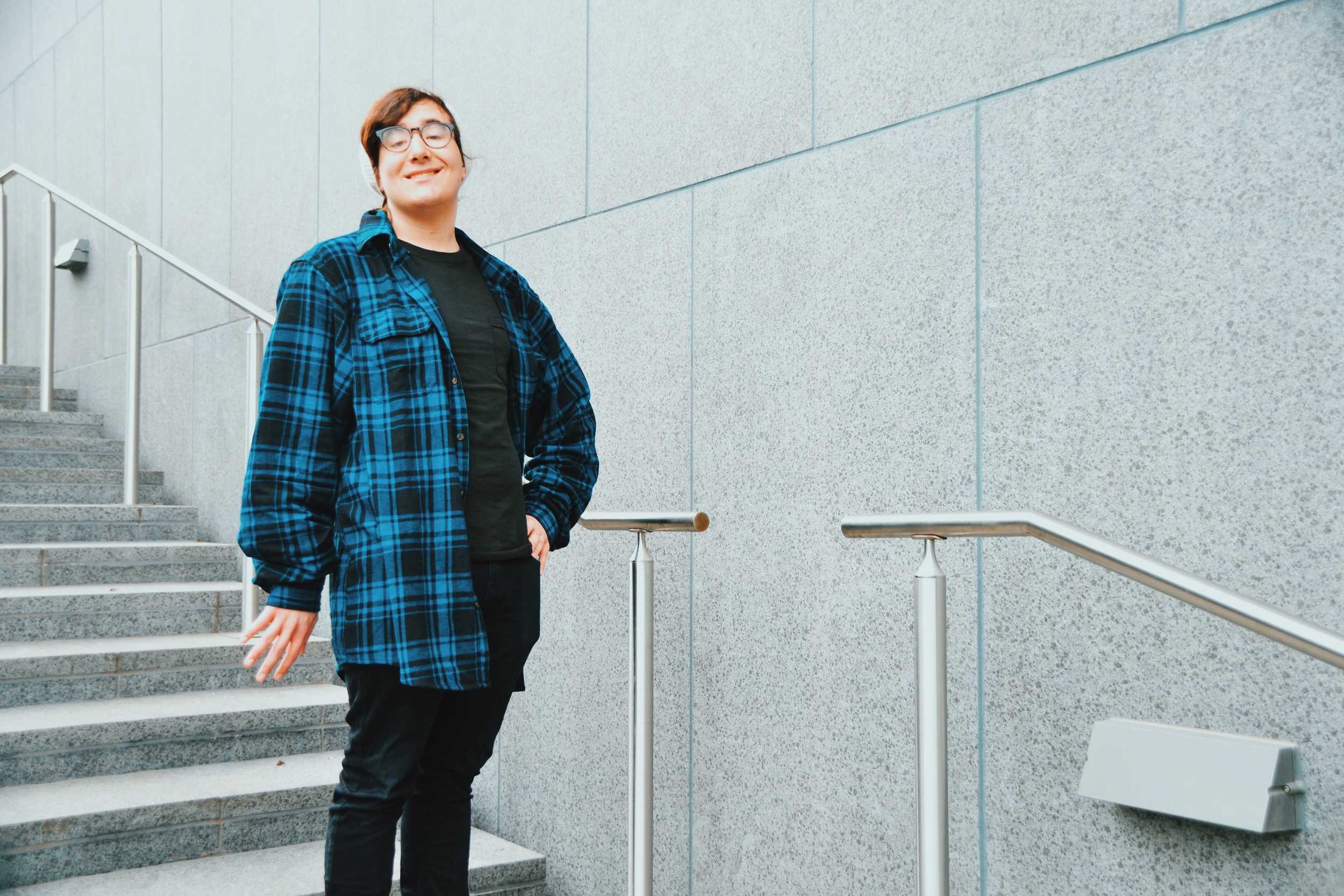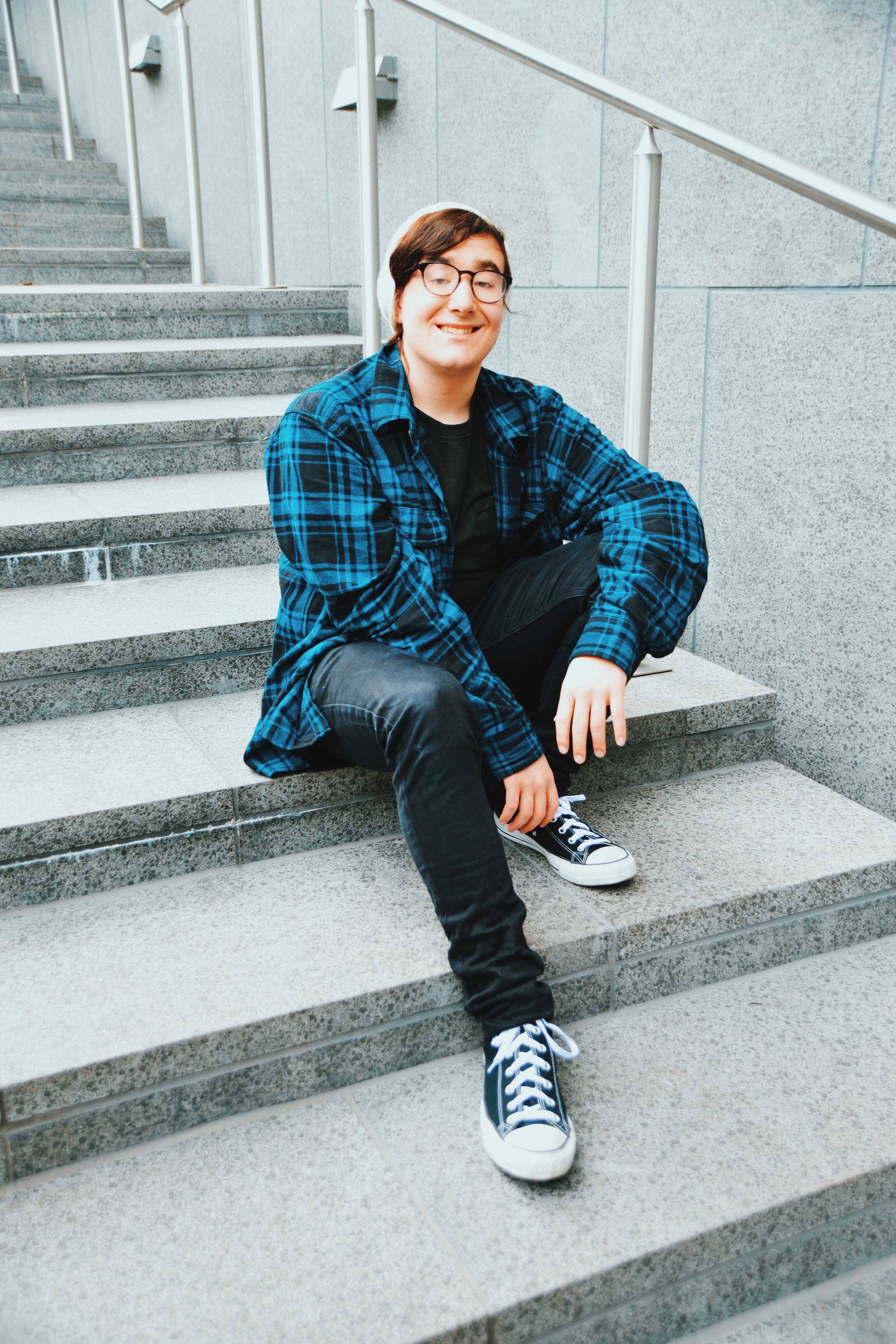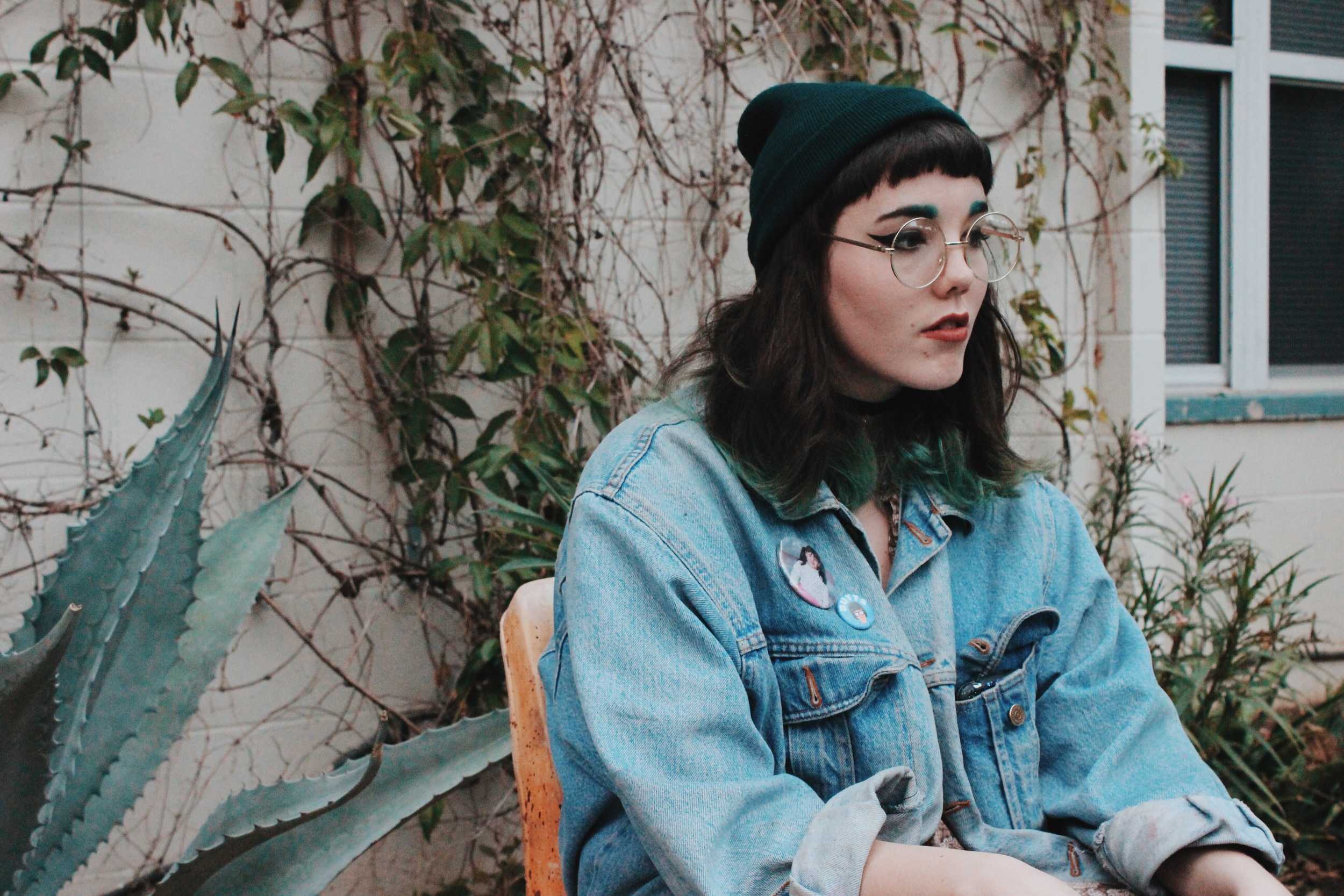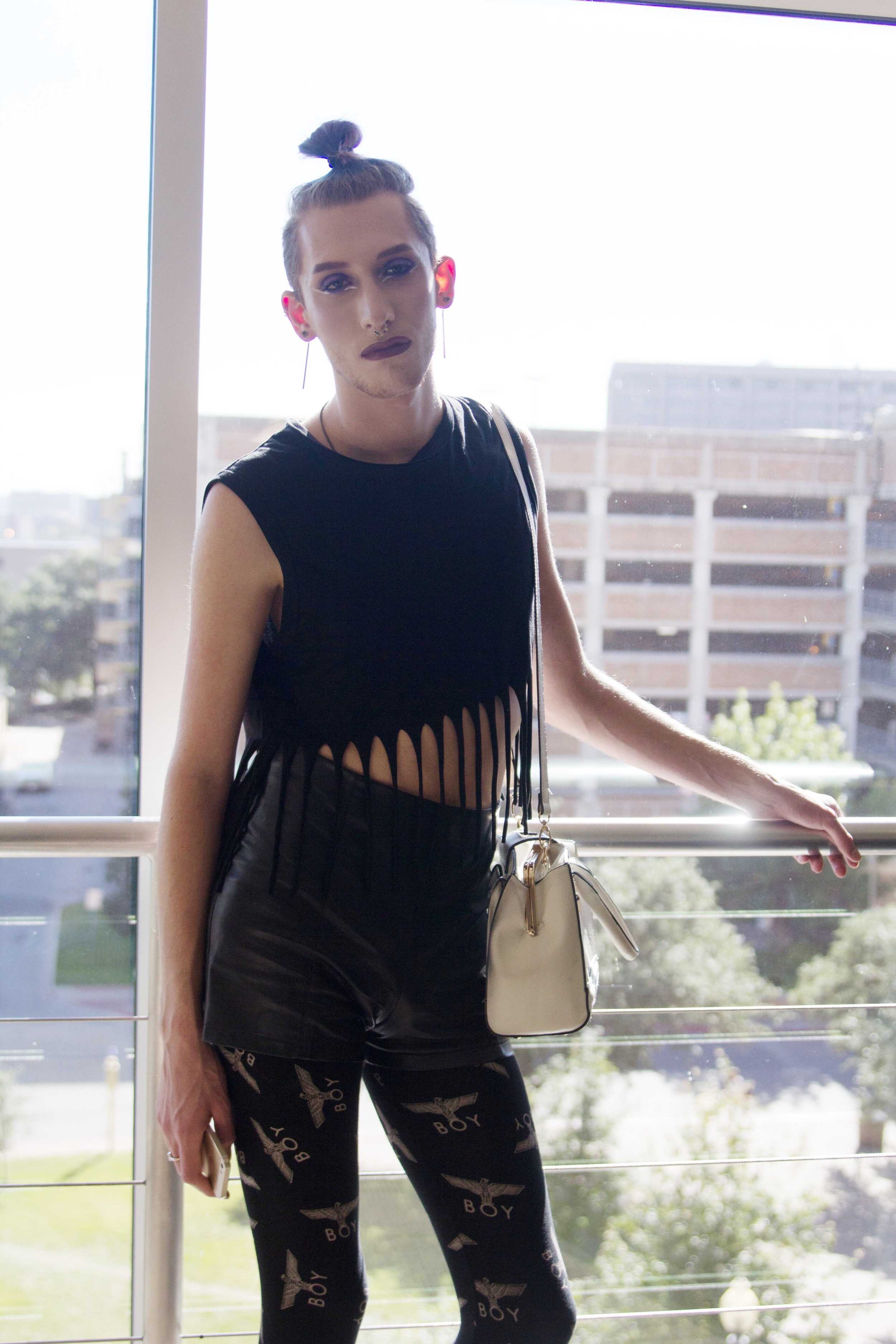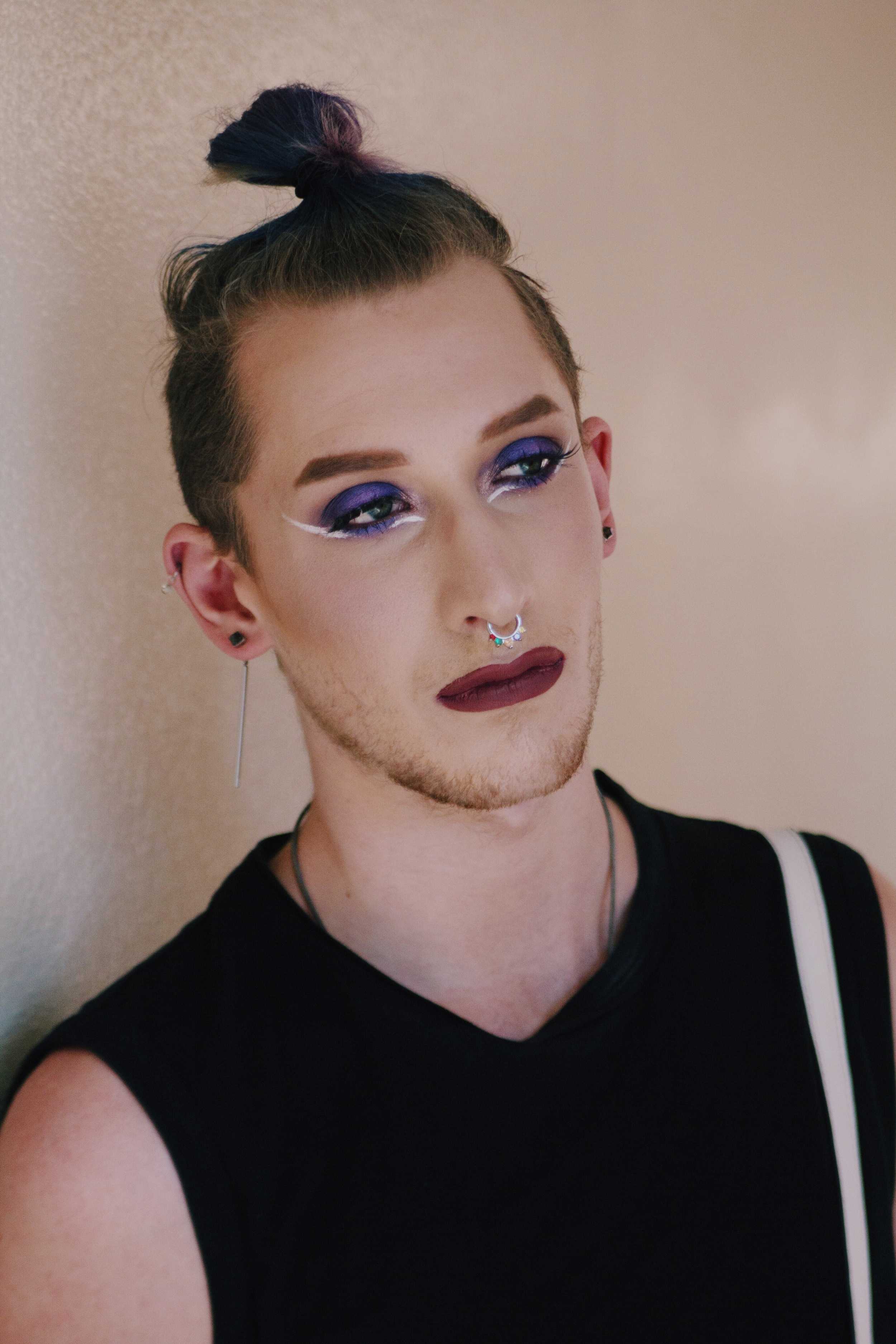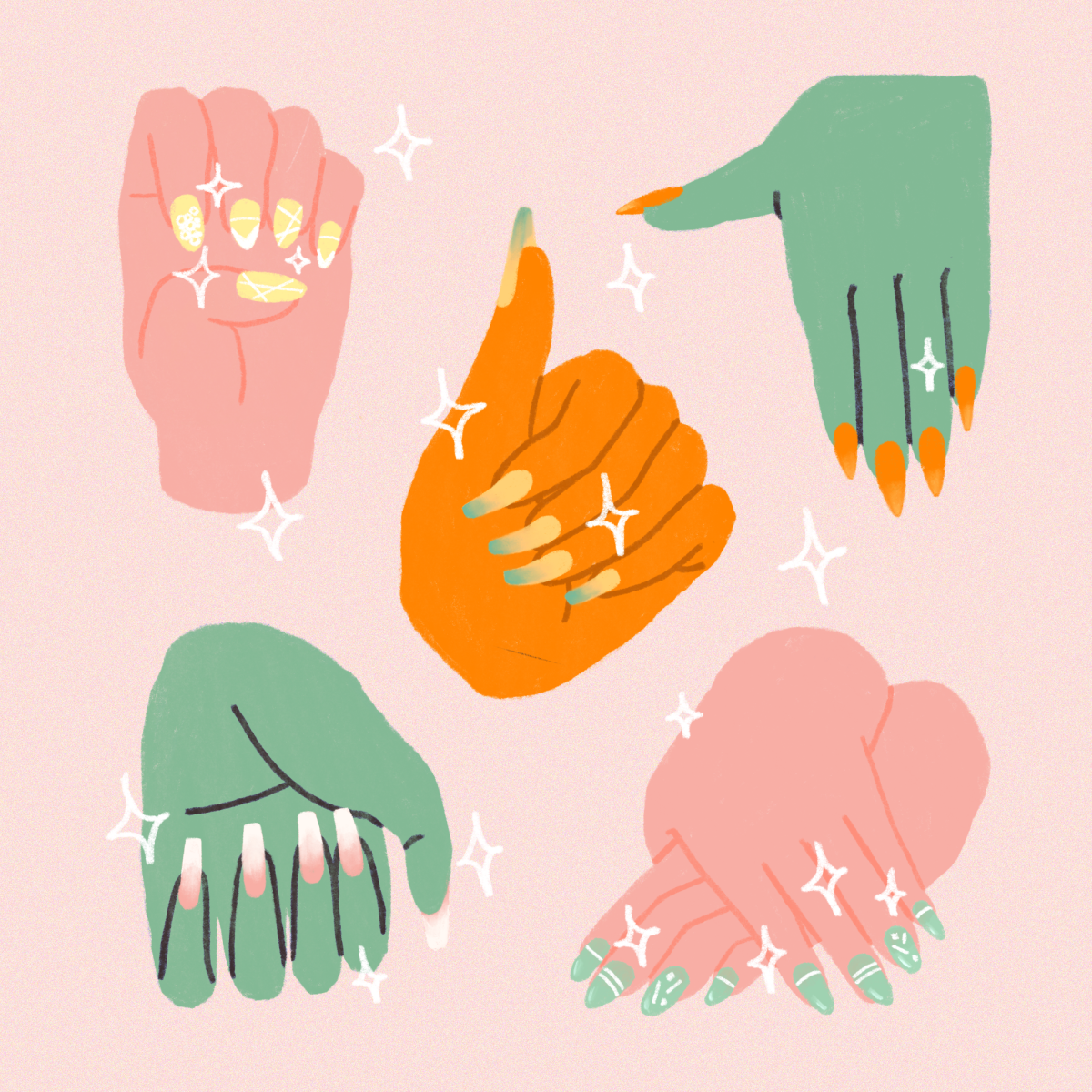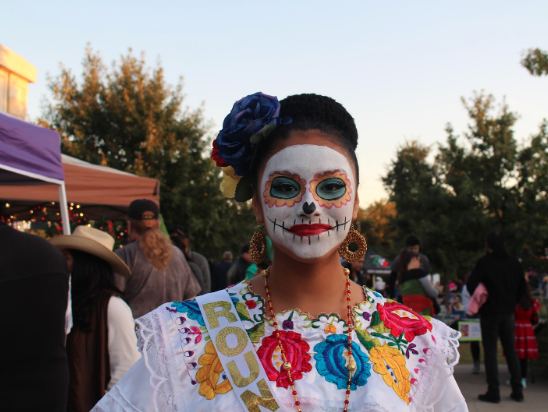Editor’s Note: This story appeared in the December 2015 ORANGE Issue IV.
In a time where media misconceptions constantly surround gender and sexuality, ORANGE sat down with five UT students to talk style and identity. Moving beyond labels and outfits, these dialogues revealed how fashion choices can express ideologies and experiences as well as daily whims. These students serve as inspiration for unrestrained individuality and expression through style, uninhibited by judgements and expectations.
Story by Mae Hamilton and Rachel Rascoe
Photos by Miranda Chiechi, Kristin Evans and Maddy Hill
Juan Villareal
21, Urban Studies
“People usually make the assumption that I’m gay from the way I dress…. It’s annoying. I just tell myself to forget about it. Before I tried on drag, I thought boys should be boys and girls should be girls. After experimenting with drag, I got to explore more of my feminine side and [I learned] to not care about what other people think as long as I look good.
I consider myself to be a creative person, so my style is just another way for me to express myself. It also represents how comfortable I am with my masculine and feminine sides. It really comes down to trying to please other people as to why we limit ourselves to heteronormative styles. I believe fashion should be fun and people should be free to experiment with whatever they want.”
Dana Suleymanova
19, Studio Art
“I just wear what I’m comfortable with. I’m really interested in hip hop, so a lot of the things I wear are inspired by that. I like how Drake dresses, the new Kanye West collection and Rihanna. I’m an artist, so I’m also influenced by the art I’m exposed to. I think style is important because if I look good, I feel better. It helps my self-esteem and confidence.
I was born in Russia. Because of that I feel that people who don’t live in America are a lot more conscious of the way they dress. Style is a much bigger thing there. I’m just used to how people value style there. I always try to look my best.
I definitely get dirty looks from older people. I’m not sure if it’s because of the way I dress or if it’s because I don’t pass off being extremely feminine. I think it’s pretty funny though.”
Avery Osburn
19, English and History
“I really started opening up to the idea of being non-binary last semester. I realized I wasn’t comfortable being labeled as a man. When I realized that being non-binary was a thing, I was like, ‘Oh my god! Where has this been all my life?’
Clothes aren’t gendered. Just because dresses are used by more women doesn’t mean dresses are a feminine thing — just like how hair isn’t gendered or the way you walk and talk isn’t gendered. But people will still call buns on men ‘man buns.’
I try to dress as gender neutral as possible. I usually wear a lot of loose-fitting clothes that conceal my form so you can’t really tell what it is. I usually don’t let my hair out because that’s a big indicator. My next thing I want to do is experiment with makeup.”
Elizabeth Berg
19, Radio Television Film
“I have gotten less self conscious about how people perceive me, so I’m more able to wear what I want. Most of my friends, I’ll take them shopping and they’ll be like, ‘Why are you buying that? That is hideous,’ and I’m like, ‘Exactly, I love it. It’s great.’
In my opinion, the fact that clothing is gendered is kind of fucked up in the first place. The fact that most stores and companies cater to the gender binary is really exclusive of people outside of the binary, like nonbinary, agender, etc. is detrimental.
I like to respect the fact that I can’t assume anyone’s identity. Usually I’ll say they/them for pronouns until I’m told otherwise. It’s just common sense and more respectful. Just the phrase ‘preferred pronoun’ — the fact that you have to say it’s your preferred one rather than your actual pronoun — is kind of iffy too. It’s your pronoun.”
David Sternberg
20, Journalism
“I think the general assumption everyone has is that you’re slutty, especially if you wear a lot of skimpy clothing, and then it’s doubled because people think that gay people in general are slutty. They just think that guys sleep around with each other. I guess that you could assume that I’m gay or pan or bi or queer from my outfits, which is not fair to other men who want to wear other clothes.
I could dress super nice or super feminine one day, and then wear sweatpants and a wifebeater the next day. That’s another important part of style— to not get caught up in having to look a certain way everyday. You can still be stylish and look like trash one day. That’s fine.
I identify myself as male. I feel like genderfluid fits better, but I don’t think it’s really authentic. The problem with identifying myself myself as male is that when I do that, I’m checking off what the asker defines male as, and I would define male differently. So I would say male, but with an asterisk.”































